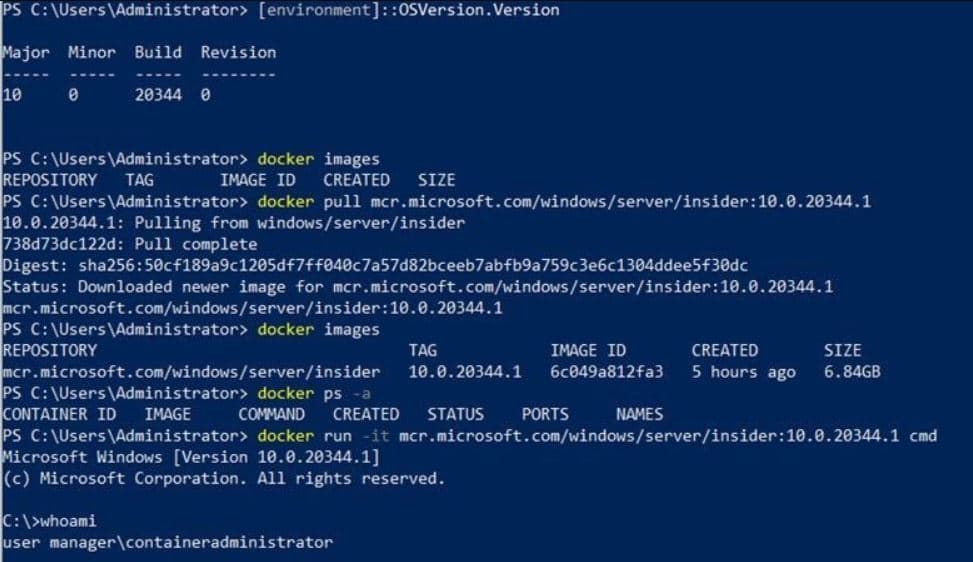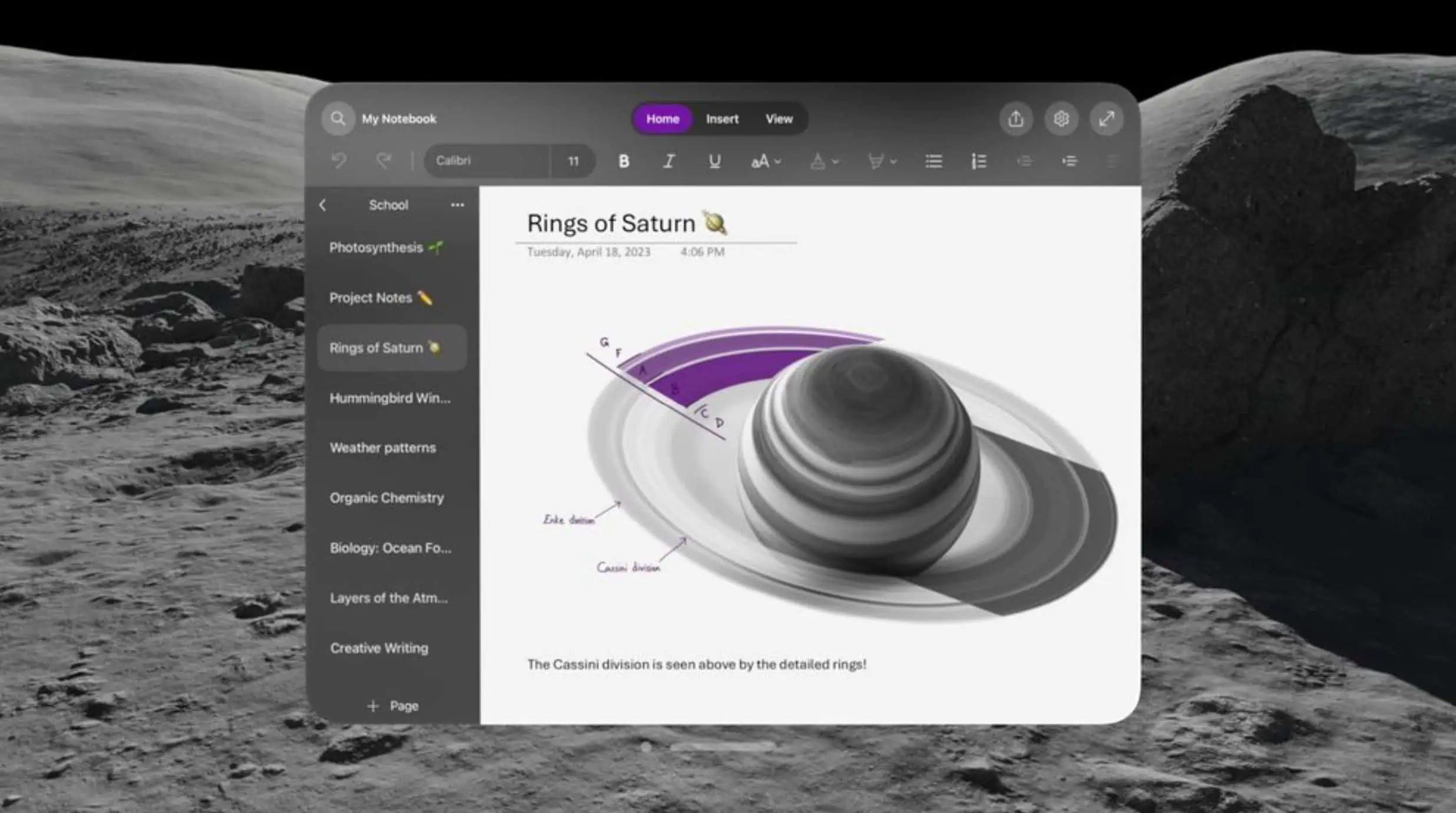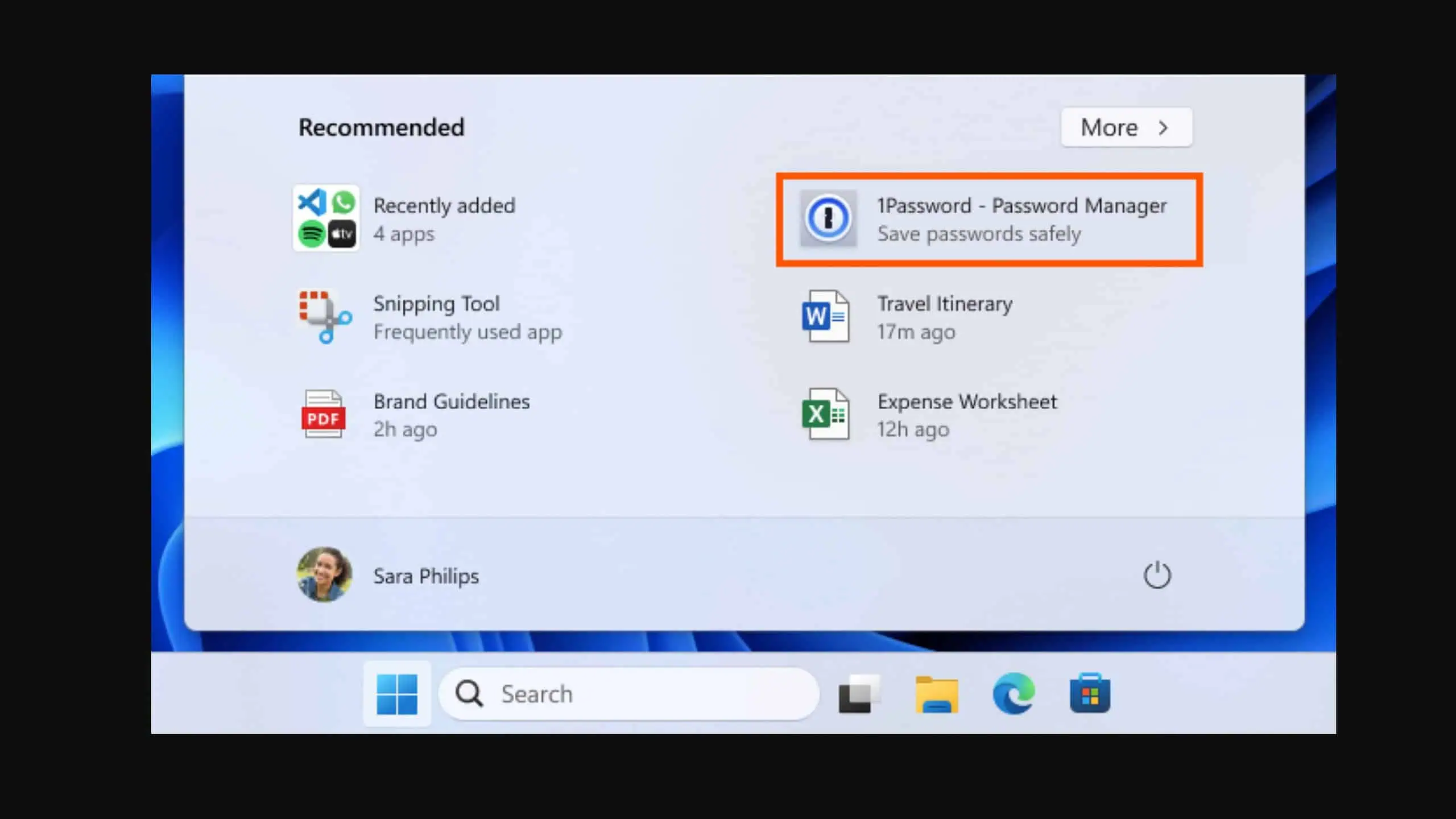Microsoft releases a new Windows Base OS container image based on Windows Server 2022
2 min. read
Published on
Read our disclosure page to find out how can you help MSPoweruser sustain the editorial team Read more

Microsoft already has the following 3 Windows Base OS container images:
- Nano Server – ultralight, modern Windows offering for new app development
- Server Core – medium size, best fit for Lift and Shift Windows Server apps
- Windows – largest size, almost full Windows API support for special workloads
Today, Microsoft is introducing a new Windows Base OS container image named Windows Server base OS container image. This new image is built from Windows Server 2022 with Desktop Experience. Compared to the current Windows image, the new Server image will offer the following:
- Size Smaller: slightly smaller, from 3.4GB down to 3.1GB.
- Performance and Reliability Improved: Over the years we have improved performance and reliability of the Server Core container images thanks to the large adoption internally and externally. This image inherits all the improvements from Server Core.
- LTSC Support from the get-go: we are planning to support this image as an LTSC with 5 years mainstream support.
- Server functionality: we are still validating so the list here is not complete but we expect this image will enable more Server scenarios/features.
- IIS Connection: as mentioned earlier, there was a 10 connection limit. This new image should no longer have this limit. We have customers validating with their scenarios.
- Web APIs e.g. Web Management Services (WMSVC): in that same GitHub issue related to IIS, it was reported this feature is not supported. We are yet to validate but we believe this should be supported.
- Fuller API support
- GPU Support: We announced GPU support back in April 2019 in this blog Bringing GPU acceleration to Windows containers. We are very glad to share GPU support is validated on this new image.
Source: Microsoft








